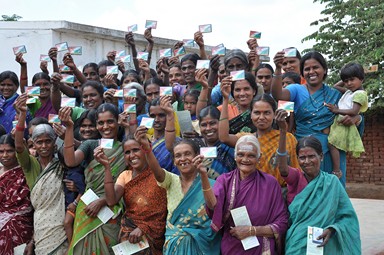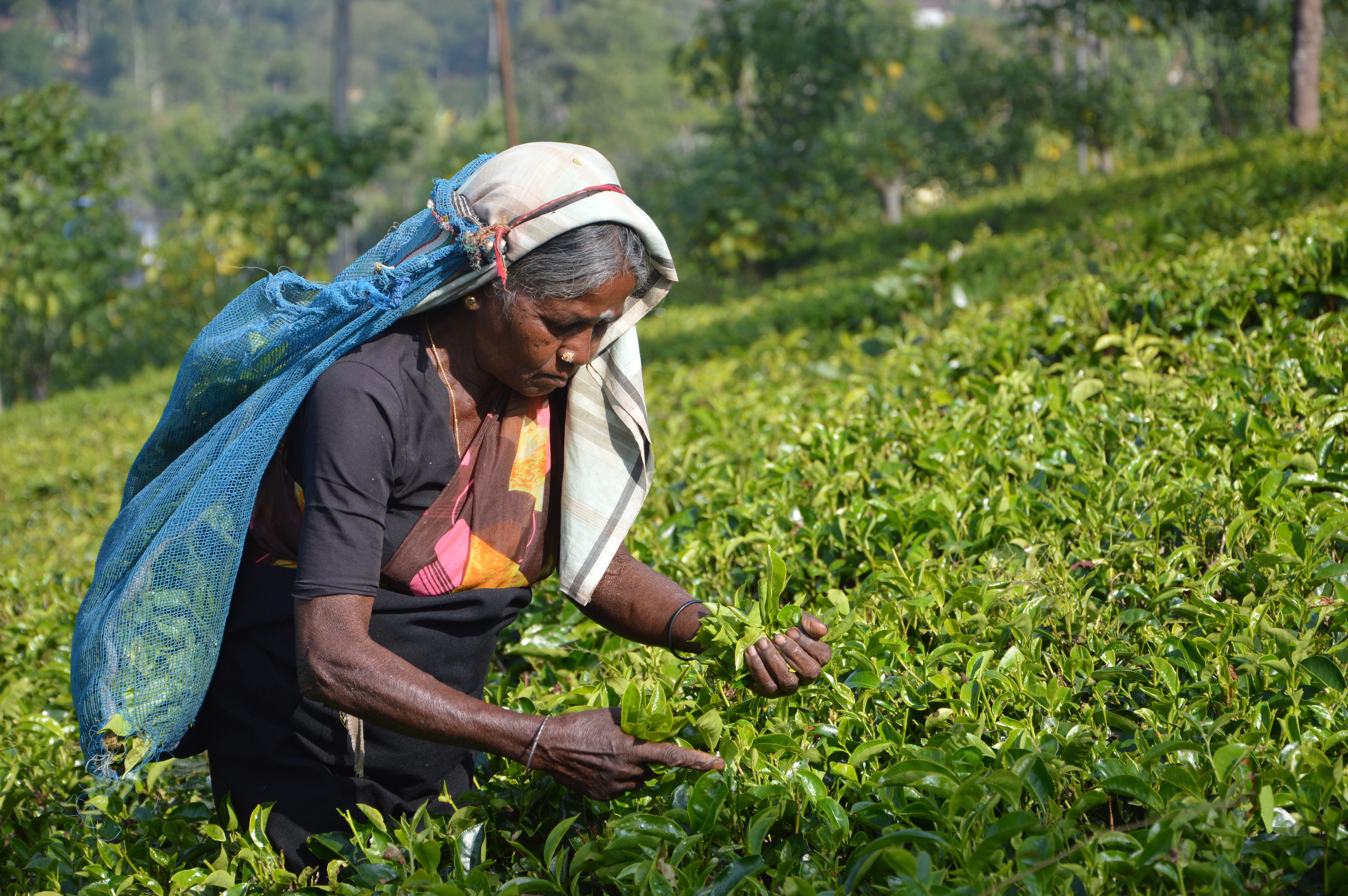Budget 2018: What India’s Six Crucial Sectors Expect From FM Arun Jaitley
The Finance Minister will present the Union Budget 2018-19 on February 1 around noon.

Finance Minister Arun Jaitley will present the Union Budget 2018-19 on February 1 around noon. Notably, this will be the first budget session after the GST scheme was announced. As yet another fiscal year comes to an end, here’s what six different sectors expect from the Budget 2018:
1. A continued increase in the healthcare outlay
In the 2017 budget, the outlay of healthcare increased by 28% and the same trend is expected to be followed this year as well. According to a report by NDTV, the investments in public health infrastructure need to increase, since a vast majority of the Indian population need to bear the cost of their health care.
In a country where one in five people are below the poverty line (World Bank report, 2016), bearing the cost of healthcare could be an additional financial burden.

ICRA—an independent investment and credit rating agency—believes that a priority in this sector in Budget 2018 will ease the common man’s burden.
Following the National Health Policy (NHP) 2017, expenditure is expected to focus on increasing number of hospital beds in the country as also to better health care infrastructure at district and town levels.
2. Changes in the Rashtriya Swasthya Bima Yojana (RSBY)
RSBY is a health insurance scheme for people who fall below the poverty line. The scheme started enrolling in April 2008 and was initially under the Ministry of Labour and Employment. As of 2015, it is under the Ministry of Health and Family Welfare.
The scheme issues a health card, which enables them to receive inpatient medical care of up to Rs 30,000 in government or private hospitals.

According to a report by the Financial Express, Budget 2018 should increase this amount to Rs 1 lakh to provide a more inclusive health insurance to the poor.
You may also like: Health Insurance Is a Must. Here Are 5 Simple Govt Schemes You Can Apply For
In addition to this, they also want the card to include critical care and outpatient services like diagnostics, pharmacy, examination rooms and consultation chambers.
3. Hotel startups demand taxation on actual price instead of declared price:
Startups like Oyo and Treebo Hotels want a change in the way customers are charged taxes on hotel rooms. The hospitality business largely depends on factors such as demand for rooms, season, and the location of the hotel.
It is a dynamic rating system that is subject to change depending on these factors.

Currently, customers are charged on the declared (original) price of the room. According to the GST system, rooms that cost below Rs 1000 are charged 5% tax, those between Rs 1000-2500 are charged 12% tax, those between Rs 2500-5000 are taxed 18%.
These companies, want the customers to be charged according to the actual price of rooms. Taxes on the actual prices may bring charges down from 18% to 12%.
4. Income Security Act for farmers:
Large-scale protests were held last year due to agricultural issues in states like Madhya Pradesh, Gujarat, Uttar Pradesh and others. Some of these issues included a steep fall in crop prices and a demand for crop loan waivers.
In response to these challenges faced by farmers, agricultural experts have asked for an Income Security Act in the upcoming budget session.

B Dasaratha Reddy, Secretary General of Consortium of Indian Farmers Association (CIFA) told Financial Express, “The median income of farmers in 2012 was about Rs 1600 per month, which is a very meagre amount. Hence, the farming community of India demands an Income Security Act for farmers as well as tenant farmers and farm labourers.”
The Pradhan Mantri Fasal Bima Yojana (FMFBY) provides an insurance cover to crops for struggling farmers. However, there is a further need to cover assets like households, cattle etc., which belong to farmers.
5. Housing dreams
According to a report by Money Control, the Indian economy is expected to grow at a rate of 8-9% per annum.
This translates to more job opportunities mainly in the urban areas and a large scale migration of people to the cities.

To deal with migration and to ensure that people can afford a roof over their heads, the need to regulate rental housing stocks, especially in urban areas, is evident. PM Modi aims to create “Housing for All” by 2022. Keki Mistry, the VC, and CEO of HDFC spoke to CNBC-TV18 about his concerns and suggestions to facilitate a growth of affordable housings in India. He suggested a relaxation of the subsidy scheme, especially on the criteria of the owner of any property.
This will help a growth of rental properties in urban areas, which might resolve the housing problems in such areas.
6. Safeguarding Women’s interests
Many organisations and people in India have challenged the levying of 12% GST on sanitary napkins, and Shagufta Kazi, who is a homemaker, feels the same way. “The government is promoting cleanliness, and women’s hygiene is an important issue in this regard.
I firmly believe that the tax levied on sanitary napkins should be removed,” she told ANI.

The issue of women’s rights and security is also an important one. The increasing numbers of crimes against women have a homemaker from Nagpur hoping that the government translates its sensitivity towards women to budget schemes.
You may also like: Only 1.7% of Indians Pay Income Tax, but Not for the Reasons You Think
“The government had announced the Nirbhaya fund for the safety of women, but the situation remains unchanged,” she told Economic Times. “It’s possible that this happened because the funds were not properly utilised or the planning was faulty. I expect the government to allocate more funds towards this cause, in the upcoming budget.”
Featured image sources: Wikimedia Commons/ Max Pixel.
Like this story? Or have something to share?
Write to us: [email protected]
Connect with us on Facebook and Twitter.
NEW: Click here to get positive news on WhatsApp!
This story made me
- 97
- 121
- 89
- 167
Tell Us More
We bring stories straight from the heart of India, to inspire millions and create a wave of impact. Our positive movement is growing bigger everyday, and we would love for you to join it.
Please contribute whatever you can, every little penny helps our team in bringing you more stories that support dreams and spread hope.



















